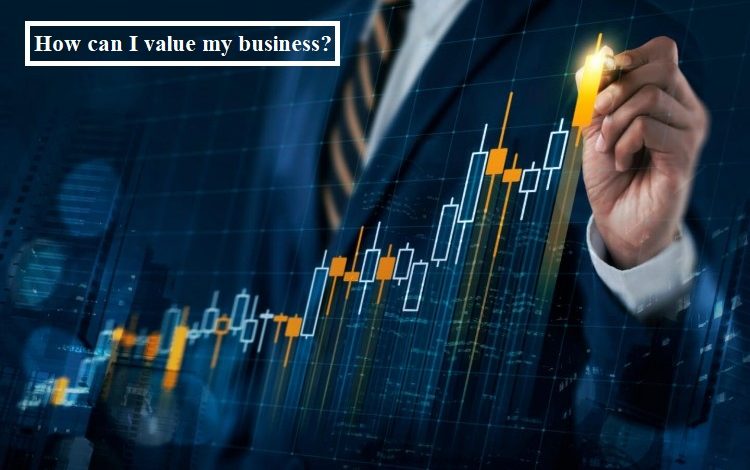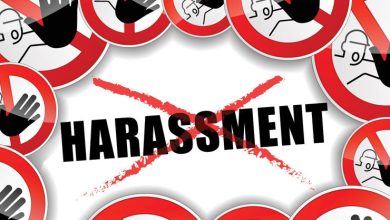
If you own a business, you will understand that it is essential to know what your business is worth at any time. Knowing the worth or value of your business will help you understand how to add more value and which point to add it to. Also, knowing the value of your business will help in more ways than you may know, and they include;
- Securing loans
- Helping you to get a fair price when you choose to sell
Finally, knowing the value of your business will also help you make decisions as you go forward. To understand the worth or value of your business, get in touch with reputed and experienced accountants like us at The Accountants London for our accountancy services.
Why is it important to know the worth or value of your business?
When the value of your business is concerned, there are three main reasons you should make an effort to know the value of your business. These reasons include the following;
-
Goal setting and motivation
Getting to know the value of your business will help you focus on issues that are important for the growth of your business. Besides knowing the value of your business, you should also break it down into areas that will help you pinpoint or focus your attention. For example, suppose you are trying to transition your business online. In that case, you should get an updated valuation of your business to know where to focus on for more growth and development.
-
Raising equity capital
When you know the value of a limited company, it will help you agree on a price for any new shares that you wish to issue. This is because it will help you know what they are worth. It will also help you devise an internal market for shares so that the employees can buy and sell shares in the business at a good price.
-
Sale or growth value
You can only increase your business when you know the true worth or value. The knowledge of the worth will help you devise the best way to increase it. Finally, knowing the value of your business will help you enter the selling market or process with more realistic expectations.
How do you value your business?
There is no single way, neither is there a right way to actually value your business. Business owners tend to use several different methods to see the bigger picture more clearly. This is primarily for the reason that businesses can be complex. It is not actually what it seems, and neither is it as easy as it may seem. In plain terms, the value of a business is in the eye of the beholder. With that being said, there are a couple of ways you can use to value a business. Some of these ways include the following;
-
Assets
This way or method works best if your business has several sizeable and tangible assets. Tangible assets include things like buildings, machinery, stocks and inventory, and equipment. These things have a physical form, and thus their values can be easily measured. On the other hand, there can be intangible assets like brand reputation or intellectual property. These things are not physical, and so their values might be quite difficult to measure.
The net value of your business assets, such as the tangible ones, will show up in your business accounts, although you will have to consider any asset depreciation or liabilities.
-
Value of goodwill
Note that calculating the value of your business based on the assets is not often the most lucrative method. It is assumed that there is no goodwill in the business that can be valuable. Goodwill is the value of your brand built over time and is recognisable to customers as a sign of quality assurance.
-
The ratio of price and earnings
This technique is best suited for businesses that have a strong track record of good profitability. How does this work? It works in the following ways;
- Multiplying the standard industry practice by normalised profit (generally 3 to 5)
- Adjust the monthly or yearly profit to exclude any extraordinary event like one-off large costs or purchases. This helps you to get a much clearer idea about your profits in future
- Adding the additional costs or gains that have been made by the company once a further investment has been made into it or if it is sold. The final profit figure generated will be referred to as normalised profit.
In the end, you will end up with the price-earnings ratio, which will give you an idea of the value of your business
-
Comparables
This method involves looking at what similar businesses have sold for in recent years and then coming up with a value for your own business in the same manner. Look at it this way: it is just like making plans to sell a house, and you start by looking around at houses similar to yours to find out how much they were sold for before deciding on a price yourself.
-
Discounted cash flow
This is the best way to value a business that has been heavily invested and has been around for a long time. Also important is that the business has to have a steady, stable and predictable cash flow. There is only one problem with this, and the problem is that it is a complex method. It relies heavily on assumptions that can be made about future business conditions.
How does it work?
This method provides an accurate estimate of what a future cash flow is worth now. To calculate the valuation, it is worked out as the sum of the dividends predicted for each of the following 15/16 years or so, plus a residual value is given when this period ends.
-
Entry cost valuation
In this method, the valuation of a business is estimated by how much it would cost to start up an almost identical business from the initial stage. This method considers all the various costs such as HR and staffing costs, buying stock, offering training, etc.
What is the best way to value a business?
Whether it is to reduce competition or increase customers’ numbers, businesses are purchased by individuals or entities. Before individuals buy out a business, they should know the value of what they are buying.
One way to value a business is through buyer versus seller value. In this method, there are negotiations between buyers and sellers. However, you should note that the negotiations between these two parties can cause the valuation to fluctuate over time.
If you are still unsure of how to place value on your business, you can contact us when you visit theaccountants.london for more helpful tips. Book an appointment with us by giving us a call or by sending us an email.





